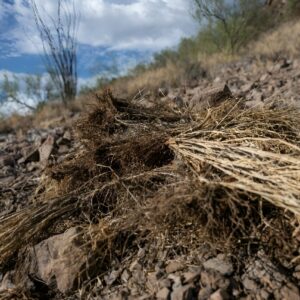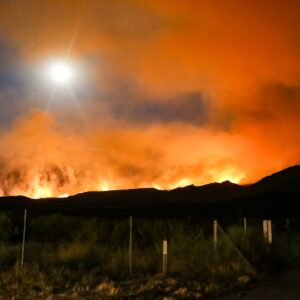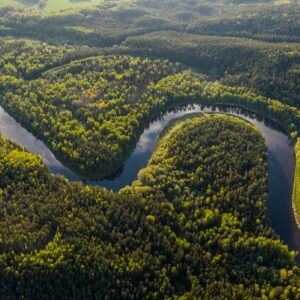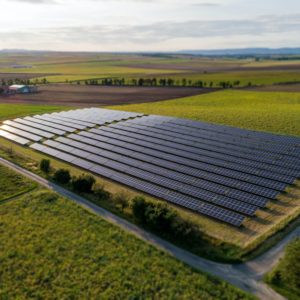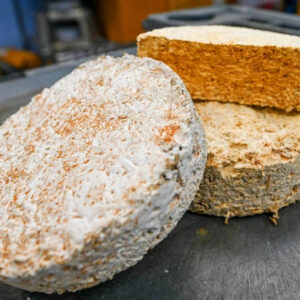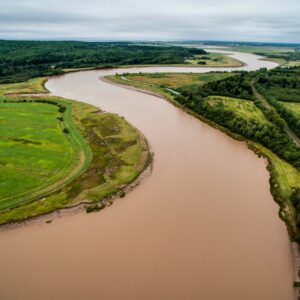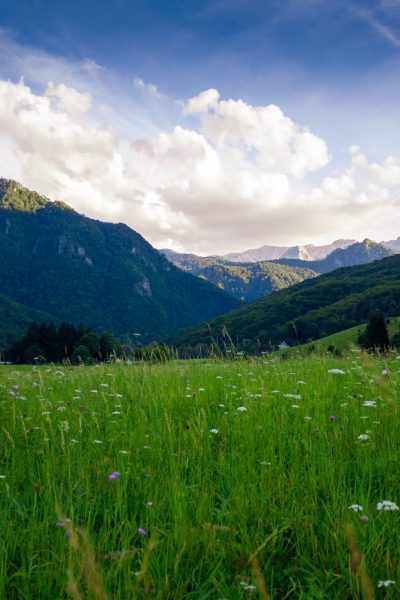To reduce the costly impacts of invasive species, policymakers at the federal, state, and local level must continue to make prevention and eradication an environmental priority.
Maui’s neglected grasslands caused Lahaina fire to grow with deadly speed
"But what’s really necessary to keep communities safe, Pickett said, is action from large private landowners and elected officials. Neither party has meaningfully engaged with HWMO’s proposals, she said, including large-scale investments in brush abatement programs and putting resources toward enforcing fire codes."
How Reflective Paint Brings Down Scorching City Temperatures
"Cooling technologies mitigate this. Green roofs absorb heat before it penetrates the buildings beneath. Super-reflective coatings reflect the sun’s visible light and invisible infrared radiation away from surfaces to keep them cooler. And an ultra-white paint developed at Purdue University promises even more protection, although the product isn’t commercially available yet. Each strategy helps reduce energy use."
Deforestation in Brazil’s Amazon falls 66% in August
Reuters reports that deforestation in Brazil’s Amazon has declined by 66% in August. “Deforestation in the Amazon causes the loss of many species and their habitats, negatively impacts indigenous people and their health, causes fire, an increase in CO2 emission, soil erosion, flooding, desertification, pollution of rivers and lands, and negatively alters water cycle around...
There’s a Better Way to Fight Wildfires, Indigenous Groups Say
"As it gets late in the afternoon, the winds will start to die right down. Then we’ll start coming in and doing all of our night burns so we can get more control of that fire and make it do exactly what we want. If you come into one of our burns, what we call cold burns, you can literally walk along with the fire, touch the soil. Green grasses are still there."
Agrivoltaics Is Making Friends Across Partisan Lines, Thanks To Farmers
"Agrivoltaic researchers have been assembling evidence that the partial shade of solar panels can improve crop yields while conserving water and soil. The relationship is reciprocal, as the vegetation beneath the array creates a cooling microclimate that improves solar conversion efficiency."
What Sparks US Wildfires: Power Lines, Burning Trash and Lightning
"Across the nation, wildfires are growing in intensity and frequency as climate change sparks prolonged droughts. The initial cause can vary — a spark from downed electric lines, a lightning strike or a cigarette butt tossed out a car window — but the result is the same: Once vegetation dries out, it can easily ignite."
Shopify, startup Running Tide tout ocean carbon removal breakthrough
"By sinking the biomass buoys into the ocean, Running Tide and Shopify claim that they have stored the CO2 embodied in the materials for thousands of years — instead of letting it decompose or be burned on land, where it would wind up in the atmosphere more quickly. According to Running Tide, the formula used to calculate the total amount of sequestered carbon reflects the weight of the sunk wood and the amount of limestone dissolved (observed via cameras), which removes carbon and also combats ocean acidification."
Here’s how a former NASA engineer hopes to clean up the world’s dirtiest waterways
Breanne Deppisch of The Washington Examiner reports on the work of one former NASA engineer to clean up dirty waterways. “‘The SPEARS work like a sponge,’ Albino explained in an interview with NASA after he founded the company. ‘Individual spikes are inserted into a mat structure, and you press it into the sediments. You leave...
Alaska’s newest gold rush: Seaweed
"Alaska has already attracted large operators. Seagrove Kelp now ranks as the country’s largest active seaweed farm. There are nearly a dozen other applications pending for kelp farms of at least 100 acres submitted by a mix of Alaskan, out-of-state and overseas players."
Copyright © 2020 Conservative Coalition for Climate Solutions
